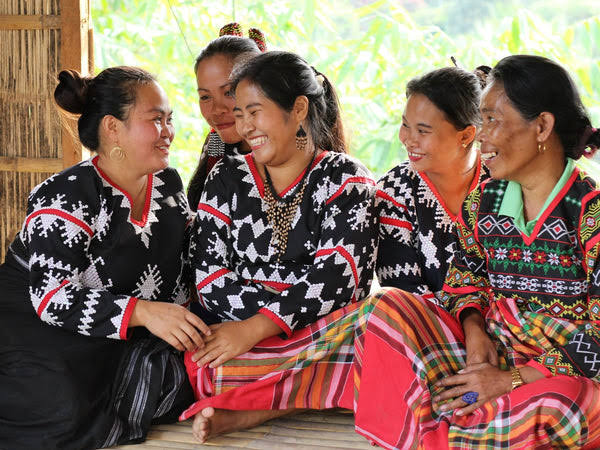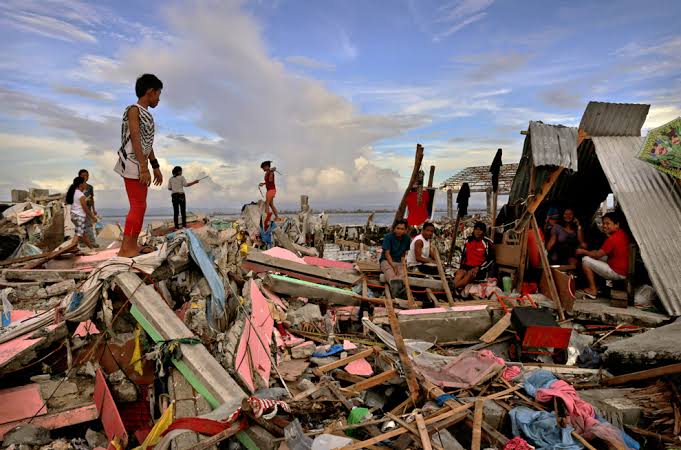Born on November 16, 1890, Quirino was the son of a modest family that valued education. Despite financial challenges, he proved to be an outstanding scholar; he graduated from the University of the Philippines with a law degree and passed the bar in 1915. His political career, at first in the House of Representatives, soon earned him a seat in the Senate. He was immediately recognizable due to his exceptional leadership in handling complex political dynamics. He had to end up in the presidency, his true test as a leader began.
Followers
Friday, November 29, 2024
From Trials to Triumphs, His Legacy Lives
Born on November 16, 1890, Quirino was the son of a modest family that valued education. Despite financial challenges, he proved to be an outstanding scholar; he graduated from the University of the Philippines with a law degree and passed the bar in 1915. His political career, at first in the House of Representatives, soon earned him a seat in the Senate. He was immediately recognizable due to his exceptional leadership in handling complex political dynamics. He had to end up in the presidency, his true test as a leader began.
Wednesday, November 27, 2024
Echoes of Tommorow’s Hope
The wisdom of the indigenous people in the Philippines has been passed down through generations but is always drowned out by the noise of modern society. These communities have been carrying the torch for richness in culture, environmental wisdom, and spiritual strength through the ages. They are the heartbeat of our nation, deeply in touch with the land, yet continue to be one of the most marginalized groups in this country. Passively standing by and reflecting is all too done with; the actions come next. Valuing indigenous peoples, nurturing, and giving power to them creates not just a future where their voice is heard but sets pathways leading us toward justice in being truly sustainable and inclusive. Their struggle of survival is our struggle to justice because, through protecting the Indigenous Knowledge and Culture, we do end up protecting the very base for a National Identity.
The rights of indigenous people in the Philippines are not a matter of mere legal necessity but one of moral responsibility. While the passage of the Indigenous Peoples Rights Act was a milestone in history, 27 years hence, many indigenous communities still face threats to their land, culture, and self-determination. While large-scale industries continue to encroach on their ancestral lands, their cultural practices and beliefs are labeled "primitive." That is systemic injustice that mustn't continue. As a country and as individual people, it is our obligation to rise in the belief that indigenous peoples' rights are human rights. And we need to make sure that their voice is loud in every conversation, in every decision, about their land, about their lives.
Weather the Storm, Together We’ll Reform
The Earth is telling us a story we can't afford to ignore – but are we listening?
Tuesday, November 26, 2024
In the Limelight, Children’s Rights Take Flight
Children are not just tomorrow; they are the very pulse of today’s society. Protecting them, we protect the very essence of hope, joy, and progress. This 2024 National Children's Month dares us with a clarion call no less than ever, with its theme: "Break the Prevalence, End the Violence: Protect the Children, Create a Safe Philippines". It is not just a campaign; it is a movement to break the cycle of violence so each Filipino child grows in an enabling environment where dreams are nurtured and fears left behind.
Closing a Chapter, Embracing the Journey Ahead
With each passing day, the final chapter of this school year unfolds, bringing a mix of nostalgia, fulfillment, and anticipation. As I ...

-
"True leadership is not measured by the titles we hold, but by the transformative legacy we leave behind." This sentiment pe...
-
"Growth comes from challenges, and every lesson learned is a step closer to becoming who we’re meant to be." The third quar...
-
The Philippines is a beautiful country with amazing places you can visit. In the Philippines, there's many things you can enjoy. Th...
















